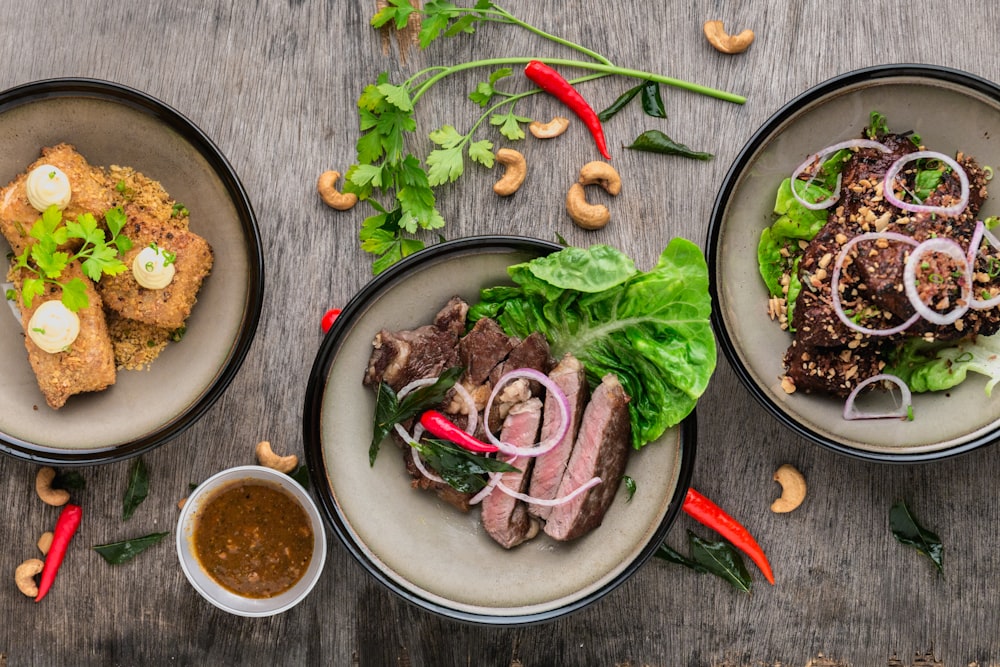
Published — January 20, 2021
The following post does not create a lawyer-client relationship between Alburo Alburo and Associates Law Offices (or any of its lawyers) and the reader. It is still best for you to engage the services of your own lawyer to address your legal concerns, if any.
Also, the matters contained in the following were written in accordance with the law, rules, and jurisprudence prevailing at the time of writing and posting, and do not include any future developments on the subject matter under discussion.
One must have a stable source of income to afford basic necessities and prime commodities, read also: Payment of salary, and prohibitions regarding wages
-
Basic necessities are goods vital to the needs of consumers for their sustenance and existence
-
Prime commodities are goods not considered as basic necessities but are essential to consumers
-
The prices of basic necessities can be automatically frozen or placed under automatic place control
May sellers increase the prices of the goods they sell during emergencies?
In the Philippines, the state ensures that basic necessities and prime commodities are available at reasonable prices at all times without denying legitimate business a fair return on investment.
What are basic necessities?
The law says:
Basic necessities are goods vital to the needs of consumers for their sustenance and existence in times of any of the following cases:
- When the area is proclaimed or declared a disaster area or under state of calamity;
- When the area is declared under an emergency;
- When the privilege of the writ of habeas corpus is suspended in that area;
- When the area is placed under martial law;
- When the area is declared to be in a state of rebellion; or
- When state of war is declared in that area.
Basic necessities include but not limited to rice, corn, root crops bread; fresh, dried or canned fish and other marine products; fresh, dried or canned fish and other marine products; fresh pork, beef and poultry meet; fresh eggs; potable water in bottles and containers; fresh and processed milk; fresh vegetables and fruits; locally manufactured instant noodles; coffee; sugar; cooking oil; salt; laundry soap and detergents; firewood; charcoal; household liquefied petroleum gas (LPG) and kerosene; candle; drugs classified as essential by the Department of Health (DOH) and such other goods as may be included.
In case of basic necessities, when any of the above enumerated circumstances are present, prices are automatically frozen at their prevailing prices or are placed under automatic price control unless there is a declaration by the President of the Philippines stating otherwise.
Furthermore, the President of the Philippines may impose a price ceiling on any basic necessity or prime commodity if any of the following condition so warrants:
- The impendency, existence, or effects of a calamity;
- The threat, existence, or effect of an emergency;
- The prevalence of widespread acts of illegal price manipulation;
- The impendency, existence, or effect of any event that causes artificial and unreasonable increase in the price of the basic necessity or prime commodity; and
- Whenever the prevailing price or any basic necessity or prime commodity has risen to unreasonable levels.
Are basic necessities the same with prime commodities?
The law says:
No.
Prime commodities are goods not considered as basic necessities but are essential to consumers in times of any of the cases mentioned above, specifically under the above second set of enumeration. Examples of prime commodities are flour, dried, processed or canned pork, beef and poultry meat; dairy products not falling under basic necessities; onions, garlic, vinegar, patis, soy sauce; toilet soap; fertilizer, pesticides and herbicides; poultry, livestock and fishery feeds and veterinary products; paper, school supplies; nipa shingles; sawali, cement; clinker, GI sheets; hollow blocks; plywood; plyboard; construction nails; batteries; electrical supplies; light bulbs; steel wire; all drugs not classified as essential drugs by the DOH and such other goods as may be included.
Thus, it is important to know whether a commodity is considered a basic necessity or a prime commodity. This is because sellers have no absolute freedom to increase the price of commodities at their own will during trying times.
Alburo Alburo and Associates Law Offices specializes in business law and labor law consulting. For inquiries, you may reach us at info@alburolaw.com, or dial us at (02)7745-4391/0917-5772207.
All rights reserved.
SUBSCRIBE NOW FOR MORE LEGAL UPDATES!
[email-subscribers-form id=”4″]


WONDERFUL Post.thanks for share..extra wait ..